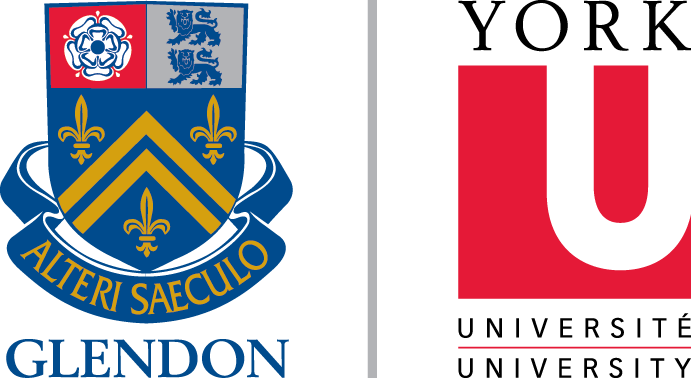 The “Semaine de la Francophonie” is generating a lot of enthusiasm at Glendon College. Although the official celebration takes place from March 20 to 27, this bilingual campus of York University decided to accelerate and extend the timeline somewhat by welcoming the public from March 17 to 29.
The “Semaine de la Francophonie” is generating a lot of enthusiasm at Glendon College. Although the official celebration takes place from March 20 to 27, this bilingual campus of York University decided to accelerate and extend the timeline somewhat by welcoming the public from March 17 to 29.
Moreover, Glendon is the birthplace of the International Francophonie Day in Toronto (March 20). It was here that the first such day was celebrated in 1998, when Professor Alain Baudot took the initiative and organized the cultural activities. Over the years, other organizations have been attracted to his idea.
Glendon launched the event on Monday with the Toronto Francophone Community Forum. While last year theme examined health, the focus of this year’s is immigration.
Each day a new aspect of the Francophone community will be explored on the campus. An exhibition of works by art students is on display at the Gallery from March 18 to 29. Molière’s farce La jalousie du barbouillé (A Jealous Husband) will be staged by Glendon theatre students from March 26 to 29. The program is rich and diverse and is open to everyone – Francophones, Francophiles, Glendon students and visitors.
D-Day
The highpoint of the Week will take place on Thursday, March 20 – which is the official International Francophonie Day. A huge number of activities organized by various student clubs will punctuate the afternoon, with a total of seven clubs representing such varied cultures as Asian, Mauritian, African… and others.
“What we want to do is show francophonie reality in various countries where French is a first, second or third language,” explains Martine Rheault, Coordinator of Artistic and Cultural Affairs. The program includes dancing and food together with games to help participants discover and learn new things about francophonie: “We’re looking at francophonie in all its diversity and as it exists in various places around the world,” she adds.
This event will be spread out across the whole campus. One side of the Centre of Excellence, the new all-glass building at the campus entrance, located at the corner of Bayview and Lawrence Avenues, has been dubbed “Avenue des Frenchies” for this occasion.
“There will be a number of interactive activities for attendees to discover; we’ll even have a draw, with the winners receiving gift certificates to see Singeries Vocales at the Théâtre français de Toronto. Our overall goal is to stimulate francophonie.” The students have been handed the responsibility of organizing this day: “The important thing is that our students participate. They’re the ones who are in charge of this day and they have organized it the way they wanted.”
Zooming in on students
Jenny Matingu, who hails from the Congo, is the student responsible for the Journée francophone, an event that is particularly close to her heart: “Since French was one of my first languages, this is an important day for me. It allows me to stay connected to my history. It’s not always obvious how to live your life as a Francophone in Canada, especially in Toronto. It’s an individual battle and I wanted to do my part to preserve the French language and show students that it exists.”
French is not a dead language, but English-speaking students don’t seem to realize how significant and widely spoken it is. “We must never forget that people can work and play in French.”
Glendon has therefore made a place for itself as the city’s bilingual hub, where Francophones can get together to talk and discuss among themselves and, most importantly, where they can continue using the French language, whether they are native speakers or not.
The idea of setting up stalls with visitors strolling through them comes from Nuits Blanches, says Jenny Matingu. “It’s good to have several activities in various places. The trick was to hold the attention of all the students, whether Francophone or not, for the whole day. That’s how we came up with the idea of using clubs. These associations create the link between francophonie and the students.”
The goal: to introduce francophonie in a fun way into the lives of students through various cultures. “It’s a time to see, to sample and to get to know francophonie as it’s lived in various countries around the world.”
By Magalie Homo, published in L’Express on March 18, 2014
Published with permission from L’Express.


